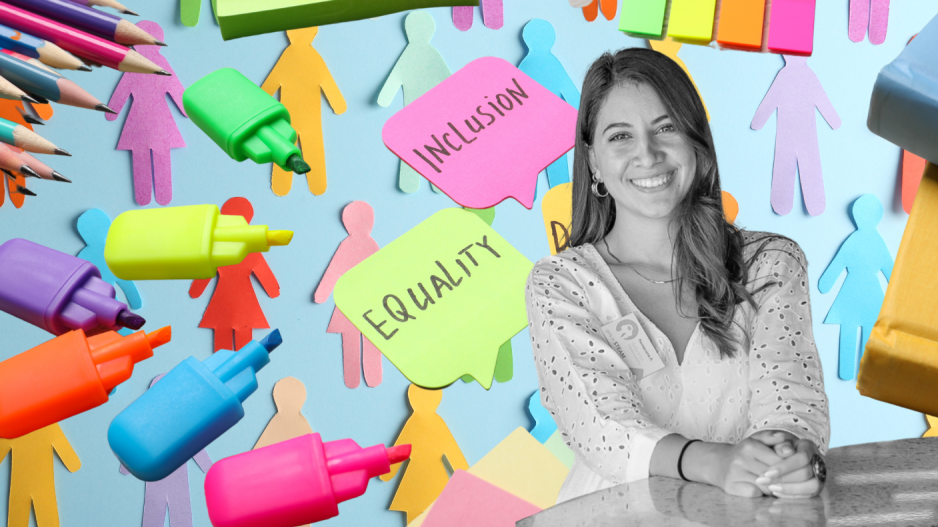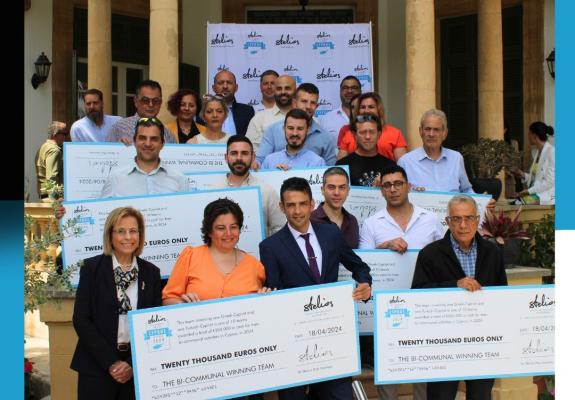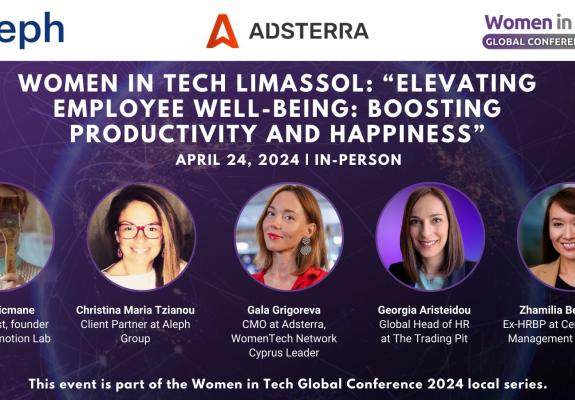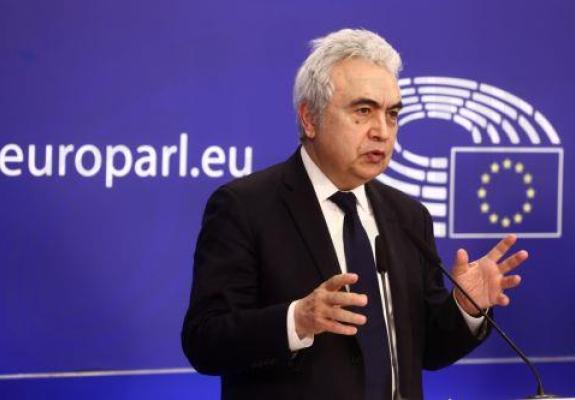How We Got Diversity, Equality, and Inclusion All Wrong
Workplaces are constantly trying to catch up with the latest best practices in fostering an environment of Diversity, Equality, and Inclusion, where people experience a sense of belonging, are being respected and are being listened to. We have witnessed organisations in Cyprus and Europe making attempts to become more diverse and inclusive. Yet, what is it that keeps them from truly fostering a working environment that allows everyone to thrive and develop regardless of their identity or background?
According to a recent McKinsey report, the workplace experience is still not the same for everyone. Women, for example, are still experiencing the same challenges they did 30 years ago. They are more likely to experience microaggressions that undermine their authority and signal that it will be harder for them to get promoted. They often receive comments that question their judgement or imply that they aren’t qualified for their jobs. Organisations are claiming that they embrace diversity and inclusion. However, their offices are not easily accessible for people with disabilities. People who identify as LQBTQ+ engage in “covering” behaviours to avoid harassment or discrimination. Women leaders are more likely to report that personal characteristics, such as their gender or being a parent, have played a role in them being denied or passed over for a raise or promotion. The list goes on.
Diversity, Equality and Inclusion (DEI) exists to identify and address the root-causes of discrimination and inequality within the workplace. The goal of DEI is to eliminate bias and exclusionary practices that hinder the well-being and development of the employees. DEI seeks to create workplaces that benefit everyone and ensures that our products and services also embody these values. So, you may ask, isn’t this simply common sense? Isn’t it just about implementing responsible business practices? Well, yes. But, we’re going about it all wrong.
There are various misconceptions about DEI that have led to inefficient and underwhelming implementation. Some believe that it exists to make people feel better at work, and that hiring a Chief DEI Officer can help ‘’hand hold’’ the organisation through various training and awareness activities. Others believe that DEI exists to protect the company legally and reputationally, or that it represents a marketing opportunity to communicate the organisation’s commitment to inclusion and equality. While these aspects play a role, they are just a small piece of the puzzle. DEI goes far beyond this.
Achieving DEI is not possible unless both leaders and teams understand what DEI is working for. Implementing DEI requires a comprehensive and horizontal approach across the organisation that brings everyone on board with substantial leadership support. It necessitates dedicating sufficient resources to drive meaningful change that goes beyond fulfilling quotas, flexible work schemes, and (sorry but…) Pizza Fridays.
DEI is not solely the responsibility of the human resources department (wait, what?!). It’s not about hiring more women or people with underrepresented identities just to improve numbers. It’s not about making fancy statements only on Women’s Day or about introducing policies on gender-based violence and sexual harassment only after incidents happened. And it’s definitely not about isolated efforts and training without any follow through.
DEI requires diving into meaningful and honest conversations between teams and leaders by asking the “difficult” questions. What does diversity and inclusion mean to them? How can we do better as an organisation? What are our blind spots? Who are we excluding?
To make meaningful strides in achieving diversity, equality and inclusion, it is crucial to genuinely engage in active listening with our staff and colleagues. We must acknowledge their diverse experiences and needs, and be genuinely willing to adapt our communication style, our strategies, and procedures to effectively resonate with our target audience.
Lily Zheng, DEI Strategist and Consultant, states that “Most leadership inaction on DEI emerges not from a failure of empathy, but from a failure of imagination. Leaders simply can't imagine an organisation that's better for everyone—including them—and accordingly see every change effort as an attempt to invert the status quo of haves and have-nots. Their inability to imagine abundance leads them to assume scarcity, instead.”
We must challenge this scarcity mindset and imagine a workplace that benefits everyone. By doing so, we can create a culture of belonging and inclusivity.
To conclude with a quote I recently heard from one of my favourite podcasts: “There’s something bigger than the business case of diversity, equality, inclusion, and belonging at work. It’s the human case. How good do we want to be with and for each other?” (Podcast Dare to Lead, Brene Brown).
So, how good do you want to be with and for each other?






